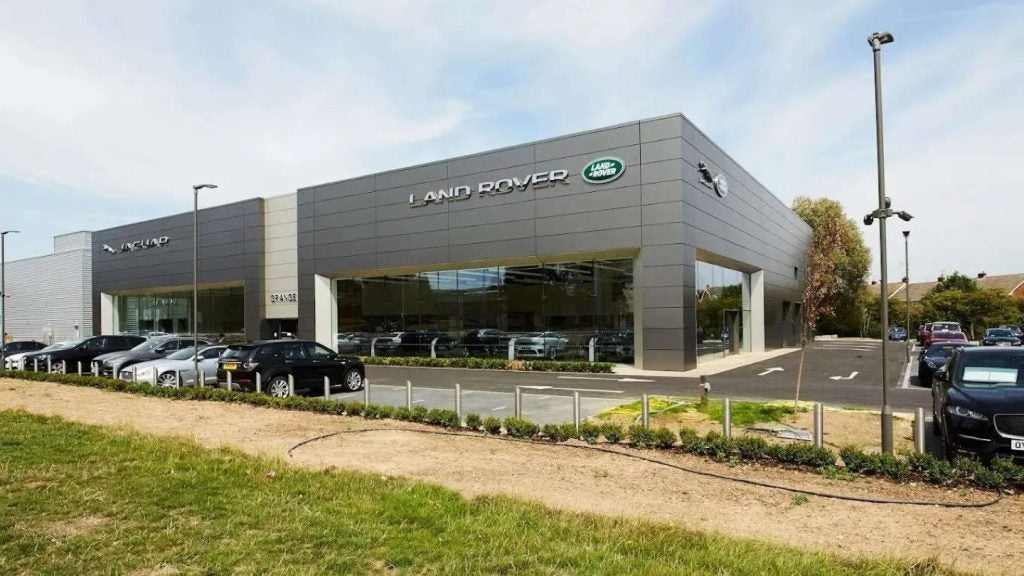As the global trade environment hardens around Chinese EVs, the UK has so far resisted pressure to follow its international partners in imposing punitive tariffs.
As of April 2025, the United States imposed a 100% tariff on electric vehicles (EVs) imported from China, effectively excluding brands like BYD and NIO from the American market. In contrast, the European Union introduced duties of up to 35.3%, while the UK has chosen to maintain open markets.
The shift in global trade policy has been most pronounced in the United States. Under President Biden, the White House announced a 100% tariff on Chinese EVs, citing the risk that China could “flood our market with its vehicles” and “jeopardise our supply chains and national security.”
The European Commission followed suit with provisional duties targeting major Chinese firms, including BYD (17.4%), Geely (20%), and SAIC (38.1%), following allegations of market “distortion” from state subsidies (European Commission, 2024).
However, the EU is now reconsidering its approach. According to Reuters, Brussels is in talks with China over replacing these tariffs with minimum price agreements for affected firms, including BYD, Geely and SAIC (Reuters, April 2025). This pivot signals a recognition that blanket tariffs may not deliver long-term advantages.
The UK, unlike the EU or US, has no large-scale EV manufacturing sector to protect. British automotive production remains concentrated in hybrid and combustion engine vehicles, and electrification is still ramping up. At the same time, the government has committed to phasing out new petrol and diesel cars and vans by 2035. Maintaining affordability and supply in the EV market is essential to meeting this goal. Tariffs that raise vehicle prices could undermine uptake and slow progress on decarbonisation.

US Tariffs are shifting - will you react or anticipate?
Don’t let policy changes catch you off guard. Stay proactive with real-time data and expert analysis.
By GlobalDataChinese EV makers have made rapid inroads into the UK market. BYD now operates over 40 sales locations in Britain and plans to launch its luxury sub-brand Denza in 2026. Other firms such as Omoda, Jaecoo, Leapmotor and XPeng have expanded their presence significantly, with more than 70 showrooms and dozens more in planning (AutoExpress, 2025). Their vehicles are typically priced well below comparable models from European or US manufacturers, making them attractive to cost-conscious buyers and first-time EV owners.
Claims of “dumping” — selling below cost to gain market share — are central to the case for tariffs. At the Everything Electric London event, Octopus Electric Vehicles’ James Court said tariffs could be used to “crack down” on Chinese pricing practices, but acknowledged that “consumers across the UK are more open to switching to a Chinese electric vehicle since they are much cheaper than established brands” (GB News, 2025).
Still, introducing tariffs would likely benefit neither British consumers nor the domestic industry in the short term. The UK lacks the scale of EV manufacturing required to quickly fill any supply gaps created by restricted imports.
Moreover, some UK automotive operations — such as the maker of London’s black cabs, London Electric Vehicle Company (LEVC), — are owned by Chinese parent companies, in this case Geely. A shift towards protectionism would risk broader investment repercussions, particularly given BYD’s decision to locate factories in Hungary and Turkey rather than the UK due to Brexit uncertainty.
The UK government has recognised the complexity of the issue. In October last year, British trade minister Jonathan Reynolds stated that the UK had no intention of adopting EU-style tariffs. More recently, following the introduction of Trump-era tariffs, a government spokesperson emphasised that the UK remains “vigilant to international developments” and would only consider tariffs if they were deemed “appropriate for our domestic automotive industry.”
Motor finance
Rather than restricting supply through tariffs, the UK should prioritise policies that enhance the affordability and uptake of electric vehicles. A competitive, tariff-free market supports the growth of vehicle financing and leasing models — now the dominant route to EV ownership for both private consumers and fleet operators.
Broader availability of low-cost Chinese EVs can help stabilise and increase residual values by expanding the second-hand market and strengthening price benchmarks. This, in turn, improves the economics of leasing for consumers and lowers monthly payments, making EVs accessible to a larger share of households and businesses.
For industry players, including fleet operators and finance companies, predictable residuals reduce risk exposure and make it easier to structure affordable contracts. For consumers, it lowers entry costs without requiring large upfront capital.
As the UK seeks to scale up its transition to zero-emission transport, policies that support competition, consumer choice and long-term affordability are preferable to those that artificially limit supply.







